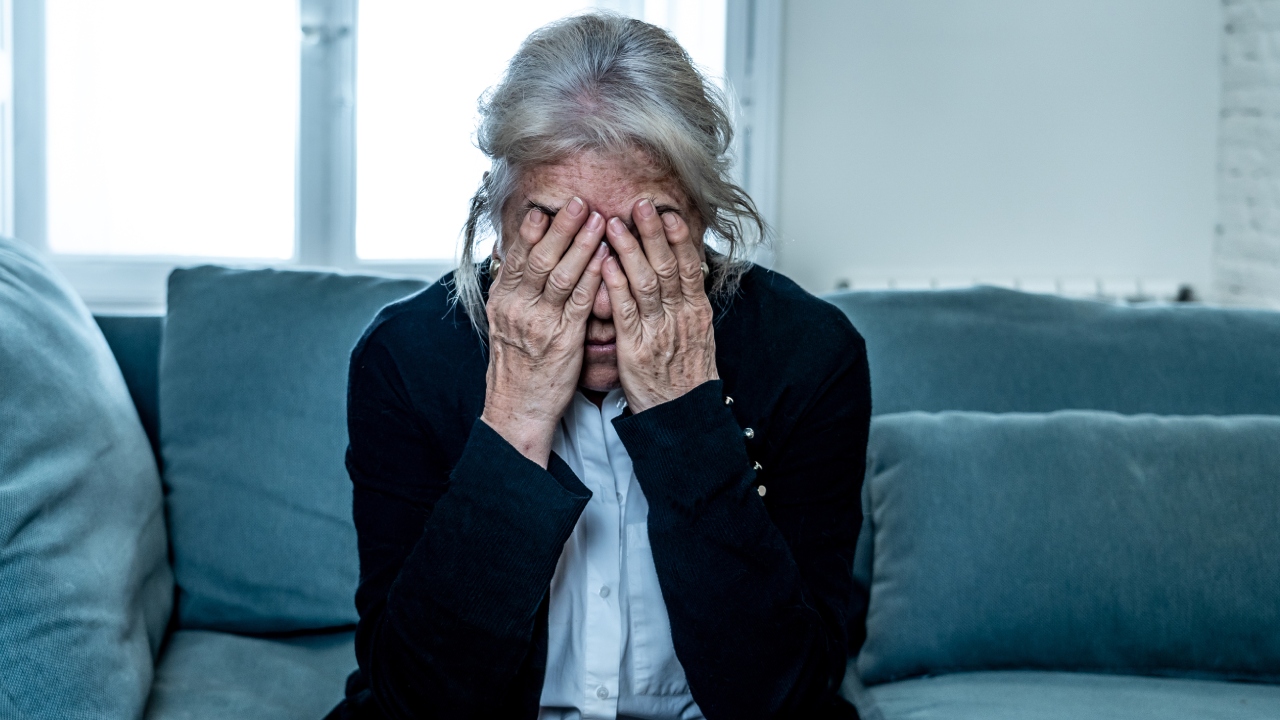5 simple ways to ease anxiety

Everyone knows what it feels like to lay awake at night worrying about something, whether it be if you locked the car, sent that email, or how prepared your family is for an earthquake.
For some, it's a minor annoyance – nothing more than a niggling feeling. For others it's an anxiety which consumes their every thought and can affect their daily lives.
Sufferers of generalised anxiety disorder (GAD) will find themselves worrying about everything, big or small, and may also suffer from conditions like depression, panic attacks and obsessive compulsive disorder. GAD sufferers are people who generally expect the worst, worry excessively for no apparent reason, are irritable and restless, have difficulty concentrating, and may suffer from stomach issues including nausea and diarrhoea.
While it's unknown what exactly causes GAD, it is to do with the "wiring" of some areas of the brain, and there is a genetic link, however children and teens won't often recognise the symptoms.
Adults need to keep an eye out for behaviours including a fear of making mistakes, a feeling that they're to blame for any disaster, and a need for frequent reassurance.
Five fast ways to feel calmer
On a day-to-day basis, there are simple ways to help manage anxiety and worries. Here are five things you can do to get through tasks that make you anxious and to access some calm when you really need it.
1. Break up a mammoth task into small steps: Say you need to clean up your garage, but it's currently a storehouse for everything you've ever owned and dumped. Write a list of the individual steps needed: sort out items for giving away, give them a clean, ask friends/recipients to pick up, sort items for selling, decide value, list on Trade Me, etc. Tick off each task as you achieve it.
2. Just breathe: The first sign of a change in emotion is our breathing. One study has shown that up to 47 minutes before a panic attack, breathing starts to change. If you're breathing from mouth to chest, consciously focus on breathing from nose and belly. Consciously slowing down your breaths to a normal speed, might help temper anxiety symptoms and restore baseline calm.
3. There's an app for that: The Mental Health Foundation recommends a number of apps and other forms of e-therapy to help you cope with anxiety. The Happier app is a simple way to collect happy moments you find in every day, share them with close friends and family, and be reminded to do more of what makes you happier.
4. Listen up: Music is one of the best ways to escape a repetitive thought and perhaps help trigger happier memories. If it helps, sing at the top of your lungs or dance in your room until you drop – this can be a great way to release tension. But if it spins your wheels, listening to slow, quiet classical music can have a particularly beneficial effect; evidence suggests it slows the pulse and heart rate, lowers blood pressure, and decreases levels of stress hormones.
5. Share the load: The saying "a problem shared is a problem halved" really has some merit. Sharing your problem with someone you trust or spending time with someone who shares the same concerns can ease the burden. But now there are multiple ways to share positive, happy thoughts too. Using Pinterest, for example, you can pin quotes that inspire and motivate you. It might be nice to know you're helping to inspire others and, in some cases, comfort them. Building a space for positivity, and a community around it, might help you feel less alone and subsequently alleviate some anxiety.
Image: Shutterstock
